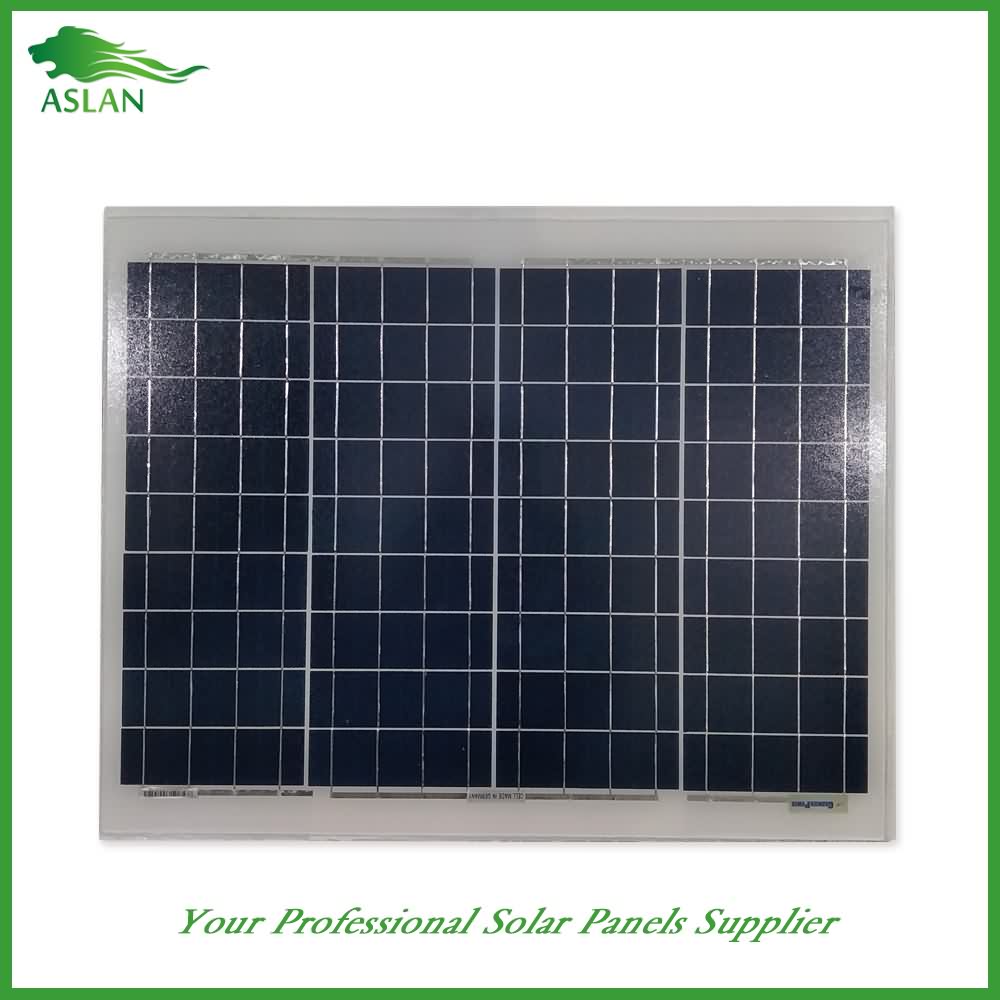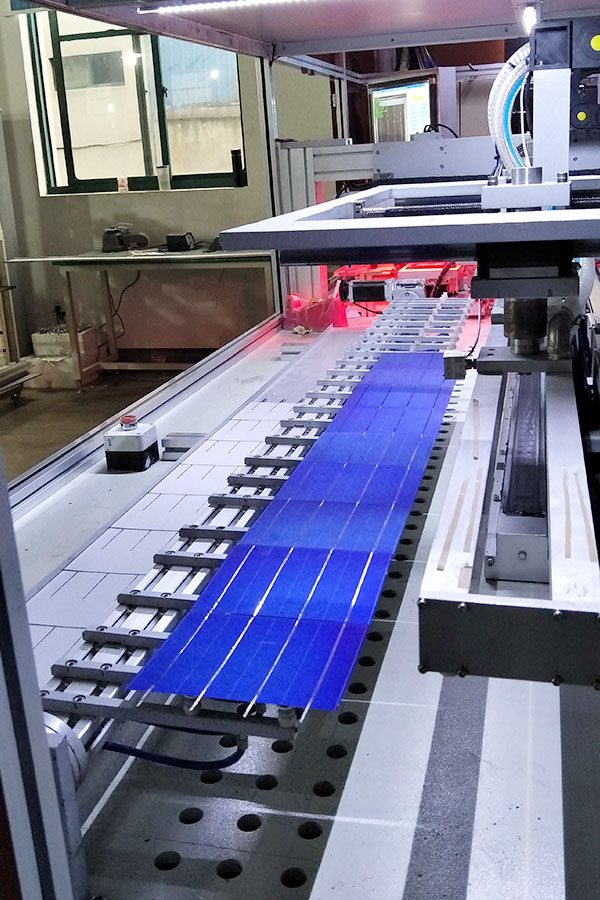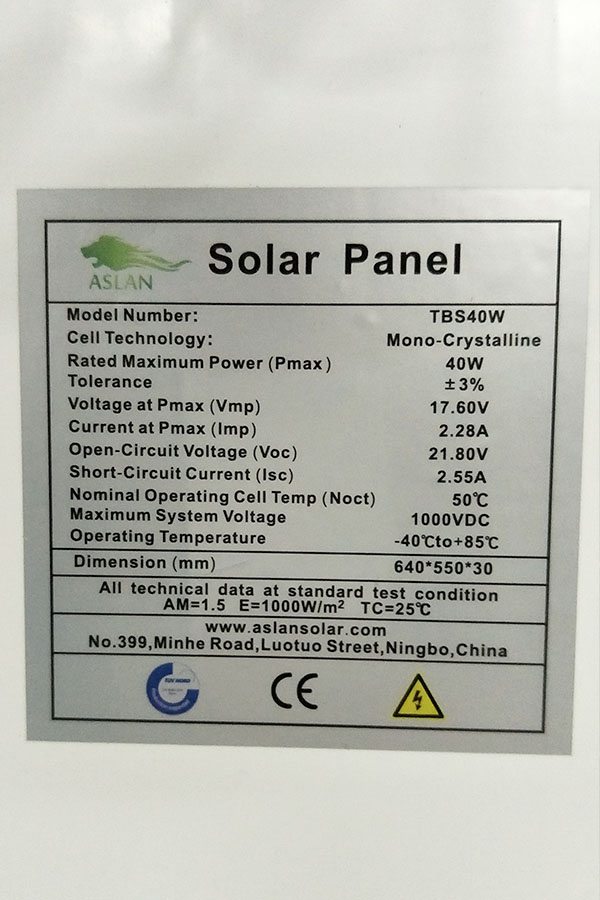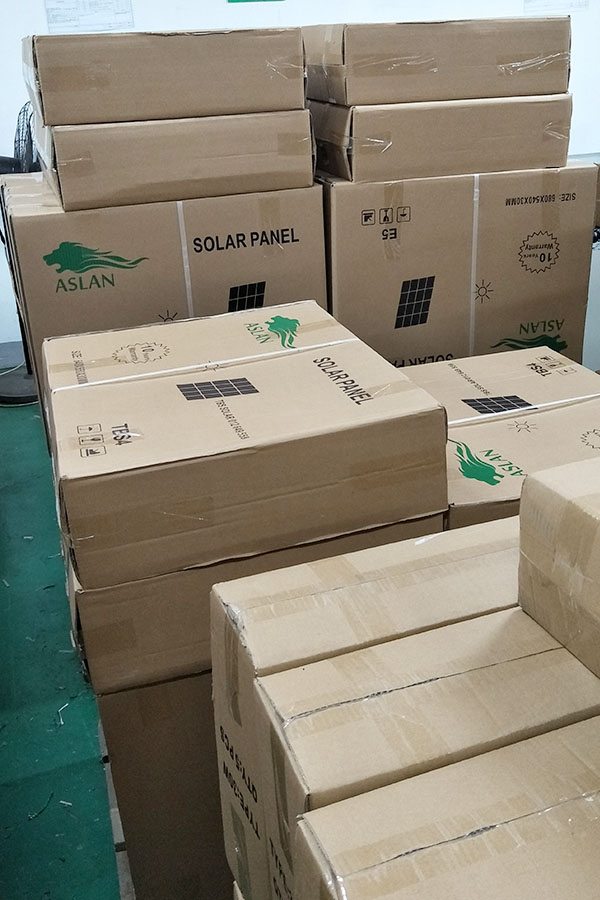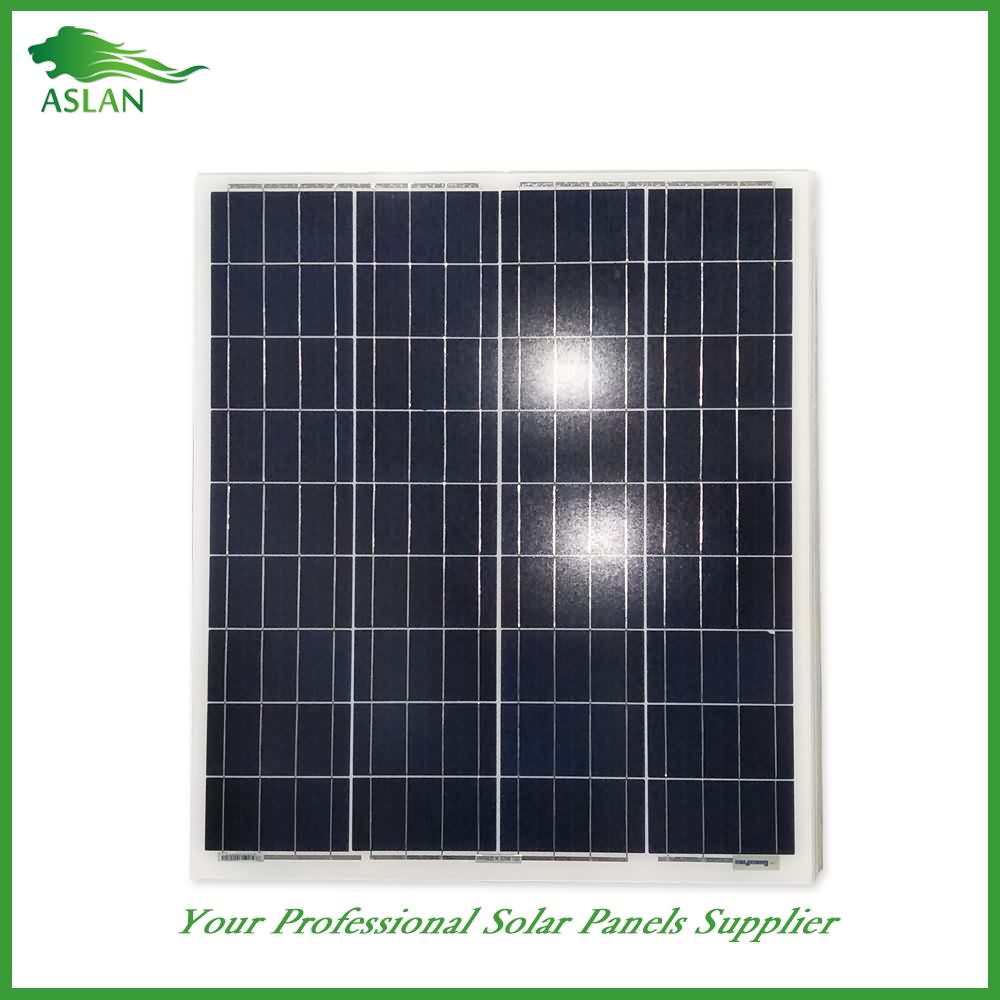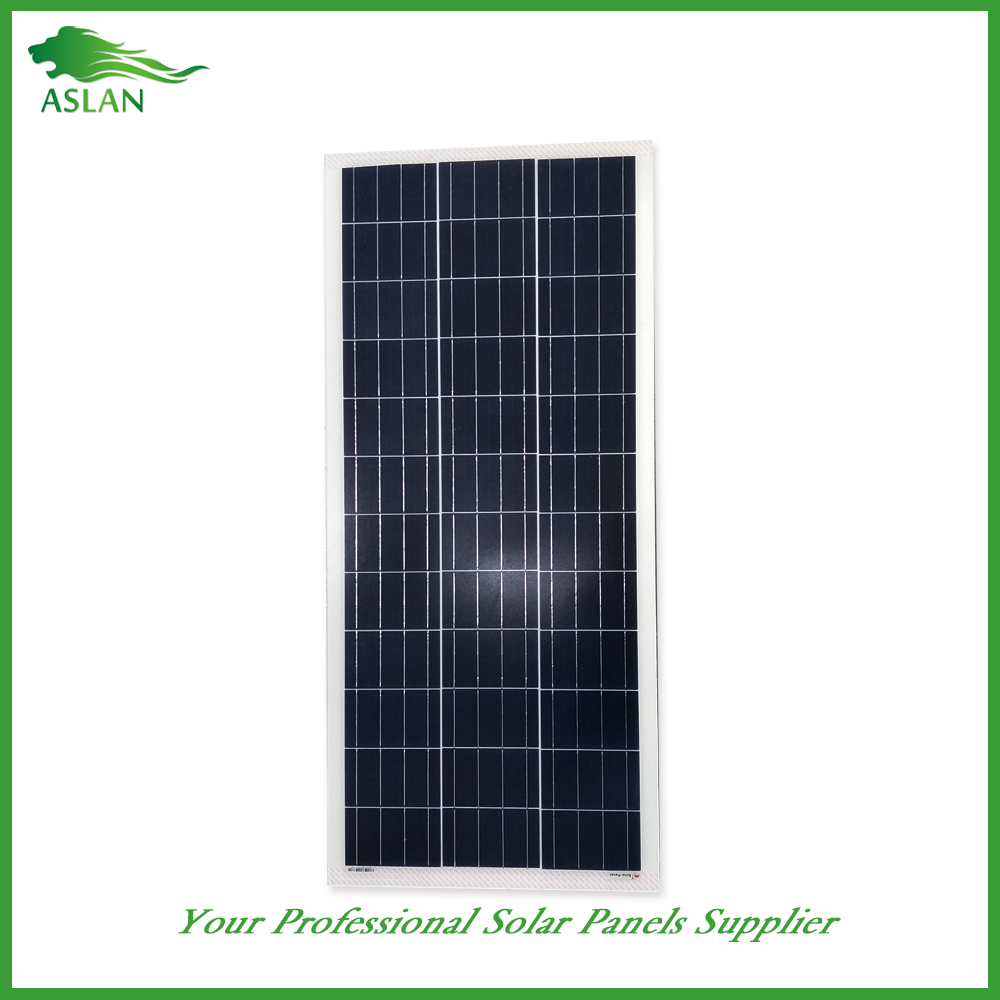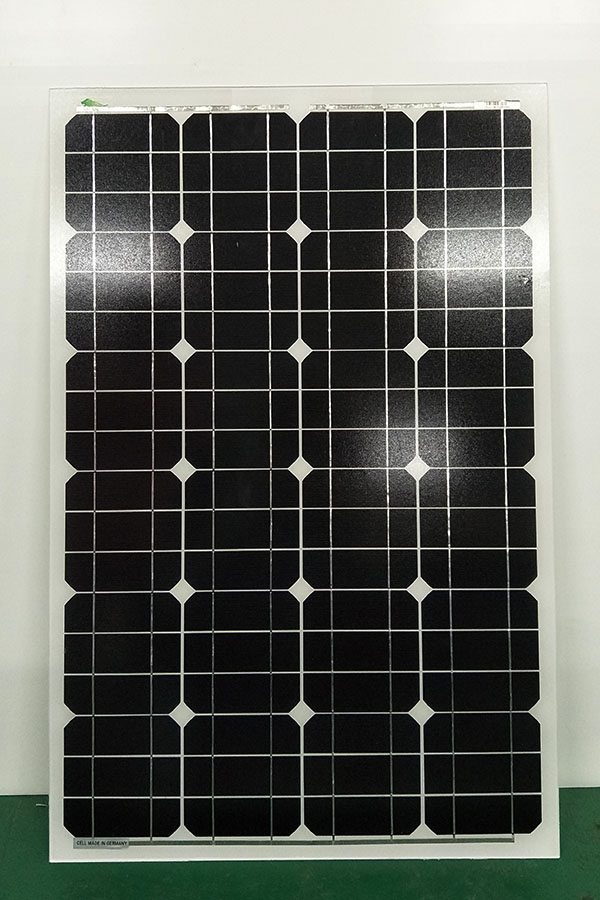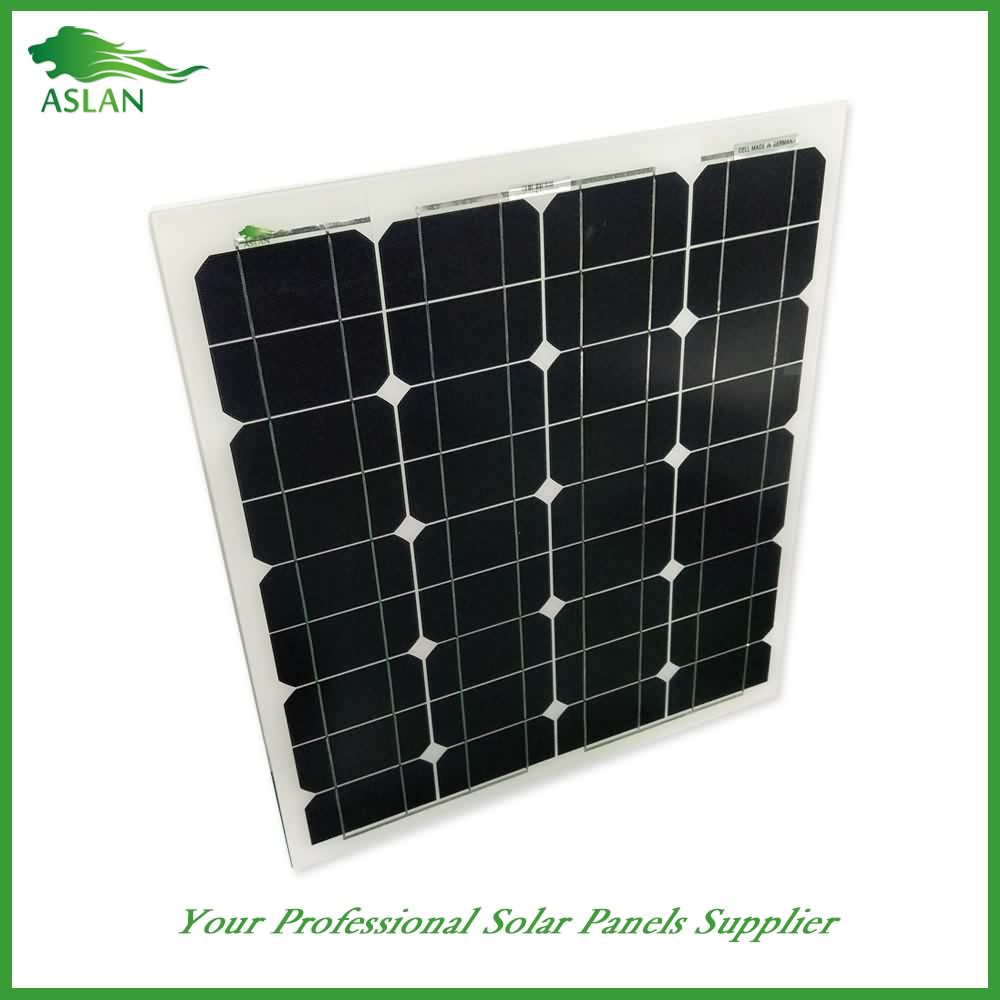Newly Arrival Poly-crystalline Solar Panel 40W for Denmark Factory
Short Description:
We have the most advanced production equipment, experienced and qualified engineers and workers, recognized quality control systems and a friendly professional sales team pre/after-sales support for Newly Arrival Poly-crystalline Solar Panel 40W for Denmark Factory, We believe that a passionate, innovative and well-trained team will be able to establish good and mutually beneficial business relationships with you soon. Please feel free to contact us for more details.
Poly-crystalline Solar Panel 40W
Technical parameter
Maximum Power(W) 40W
Optimum Power Voltage(Vmp) 17.35V
Optimum Operating Current(Imp) 2.31A
Open Circuit Voltage(Voc) 21.16V
Short Circuit Current(Isc) 2.53A
Mechanical Characteristics
Cell Type Polycrystalline 156 x 52mm
No of Cell 36 (4x9pcs)
Dimensions 670x420x30mm
Weight 4.0Kg
Front Glass 3.5mm,High Transmission, Low Iron,Tempered Glass
Junction box IP65 Rated
Output Cable TUV 1×4.0mm2/UL12AWG,Length:900mm
Temperature and Coefficients
Operating Temperature(°C): -40°C ~ + 85°C
Maximum System Voltage: 600V(UL)/1000V(IEC) DC
Maximum Rated Current Series: 15A
Temperature Coefficients of Pmax: -0.47%
Temperature Coefficients of Voc: -0.389%
Temperature Coefficients of Isc: 0.057%
Nominal Operationg Cell Temperature (NOCT): 47+/-2°C
Materials of solar panel
1).Solar Cell——Polycrystalline solar cell 156*52mm
2).Front Glass——-3.2mm, high transmission, low iron, tempered glass
3).EVA——-excellent anti-aging EVA
4).TPT——-TPT hot seal made of flame resistance
5).Frame——anodized aluminum profile
6).Junction Box——-IP65 rated, high quality, with diode protection
Superiority: high quality anodized aluminum frame, high efficiency long life, easy installation, strong wind resistance, strong hail resistance.
Features
1. High cell efficiency with quality silicon materials for long term output stability
2. Strictly quality control ensure the stability and reliability, totally 23 QC procedures
3. High transmittance low iron tempered glass with enhanced stiffness and impact resistance
4. Both Poly-crystalline and Mono-crystalline
5. Excellent performance in harsh weather
6. Outstanding electrical performance under high temperature and low irradiance
Quality assurance testing
Thermal cycling test
Thermal shock test
Thermal/Freezing and high humidity cycling test
Electrical isolation test
Hail impact test
Mechanical, wind and twist loading test
Salt mist test
Light and water-exposure test
Moist carbon dioxide/sulphur dioxide
http://www.sunnyincentives.com – Should I Get Solar Panels
More and more people are going solar these days and as this trend is catching on, people are asking themselves, “should I get solar panels?” I heard about the benefits of going solar and saving money on my energy costs while supporting sustainability but because of the initial expense I still wondered should I get solar panels or not? I decided if I could find a way to not spend a small fortune I would go ahead and do it. Unfortunately this was easier said than done.
I spent hours and hours researching ways to not spend as much as $30,000 on solar panels. Fortunately after the exhausting effort I discovered 2 ways that would make the answer to my question, should I get solar panels, YES! Because it was so hard to find out about this I decided to make a free guide to help others. In the guide I show you the best two ways you can save yourself a lot of money.
GRAB YOUR FREE COPY HERE: http://www.sunnyincentives.com
The first thing the guide will show you is how to step by step get quick and easy access to government incentives. These tax credits, rebates, grants, etc. can save you a ton of money if you are buying solar panels by yourself. This information is usually very hard to come by QUICKLY but I’ll show you how you can find it in minutes! The next way you can go solar and not spend a ton of money is to not buy solar panels all by yourself. You can actually get solar panels in a partnership for next to nothing! These new types of arrangements can be really hassle free as well and you save money instantly on your energy bill. Watch a video included in the guide to learn more. After you find out about these two options you won’t be asking yourself “should I get solar panels” anymore, you’ll just go ahead and do it!
Hopefully this video helped you answer your question, should I get solar panels, but if you still want more information check out some additional resources below:
Should You Put Solar Panels On Your House? – Time
http://time.com/3933638/solar-panels-house/
Time
Jun 24, 2015 – Should You Put Solar Panels On Your House? … Bloomberg—Bloomberg via Getty Images Workers Stephen Janota, left, and Matt Bart, install Solar Service Inc. photovoltaic (PV) solar electric panels on the roof of a home in Park Ridge, Illinois, U.S., on Tuesday, Sept. 10, 2013.
10 Pitfalls to Consider Before Installing Solar Panels …
http://completesolar.com/10-things-to-consider
Oct 10, 2013 – Find out everything else to consider: how solar works, and the right way to … by buying your electricity from solar panels rather than the electric …
Cost of a Home Solar Power System – Wholesale Solar
https://www.wholesalesolar.com/solar-information/solar-cost-b1?utm_expid=830826-2.4W6EFD0IQOy75Pb3zCp90Q.1&utm_referrer=https%3A%2F%2Fwww.google.com%2F
Rating: 4.8 – 53 votes
Use our online calculator to estimate the cost of solar for your home. … Costs & Incentives – What you should know. Concerned … Look at your electric bills from the past 6 months (or preferrably more) and find the average number of Kilowatt Hours (KwH) per month. ….. This particular system includes twenty four solar panels.
Grid-Tied Battery Backup – Solar Incentives – Return on Investment for Solar …
A thorough look at the assembly of the generic Chinese soldering irons often supplied with thermally controlled soldering stations. These are a very refined design with lots of neat features in the assembly.
Whole soldering irons or their various components like heating elements and bits can be bought at staggeringly low prices online.
It’s a bit galling that for the cost of one pack of spare bits for my older style mains Antex iron I can buy 30 or more replacement bits in a wider range of styles for these generic irons. I guess they must be considered a disposable item in the Chinese electronics manufacturing industry
It’s worth noting that the soldering stations have a calibration facility on them to fine tune the thermocouples. If you inadvertently set the calibration to an extreme level and get distracted the iron can reach a red hot state!
I’ve not tested the iron at this stage due to waiting for my preferred style of bit (3mm chisel) and the disconcerting smell of hot transformer and surprising case temperature on the base unit!
